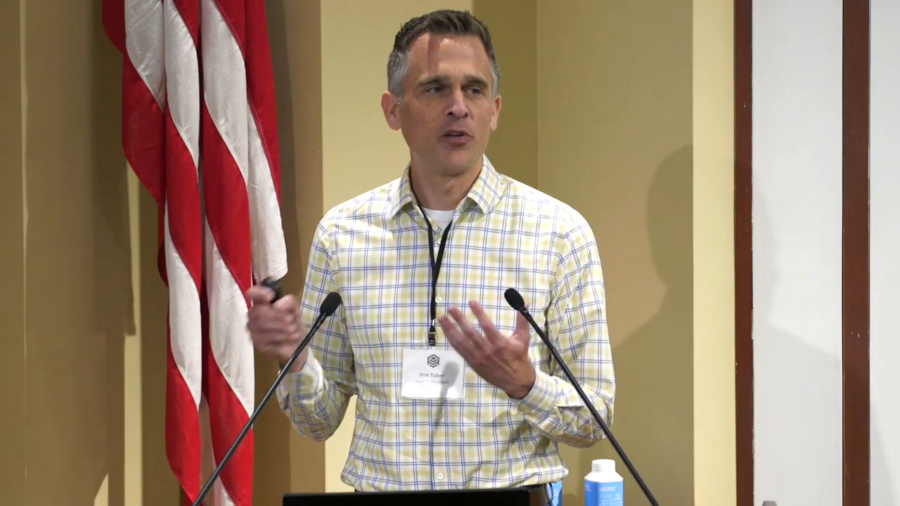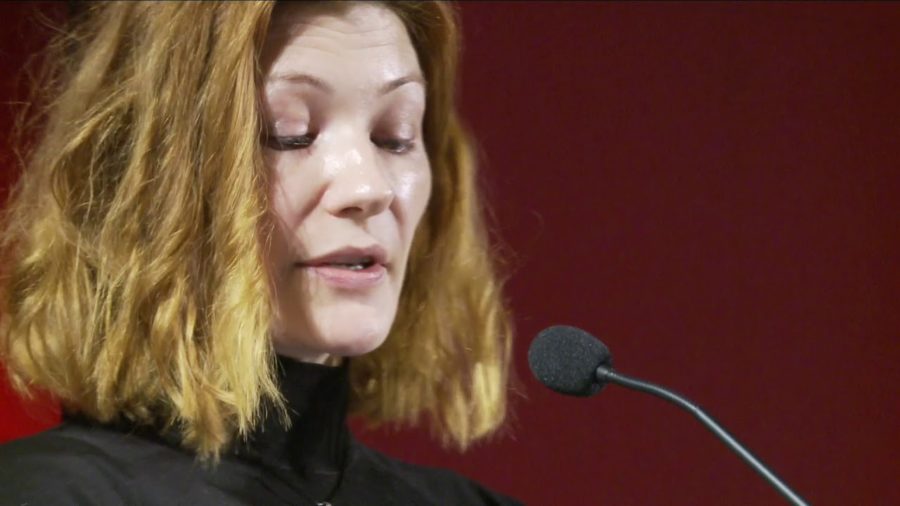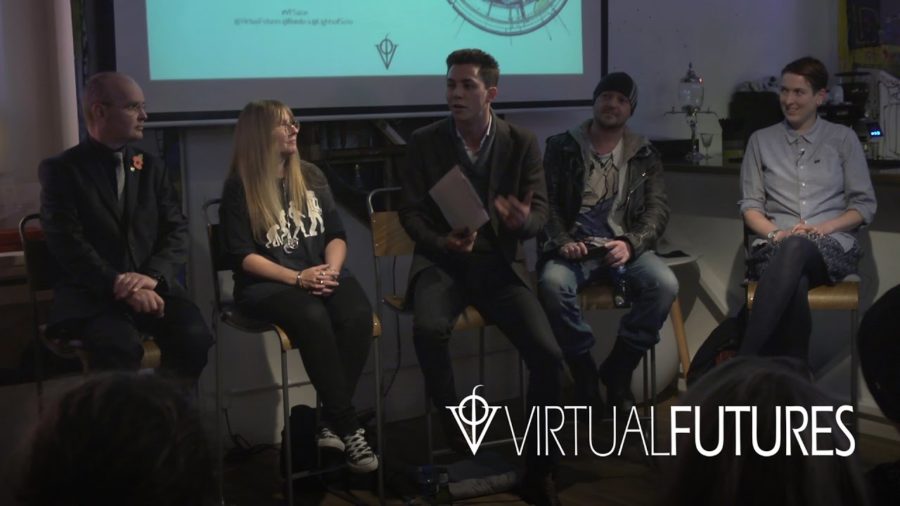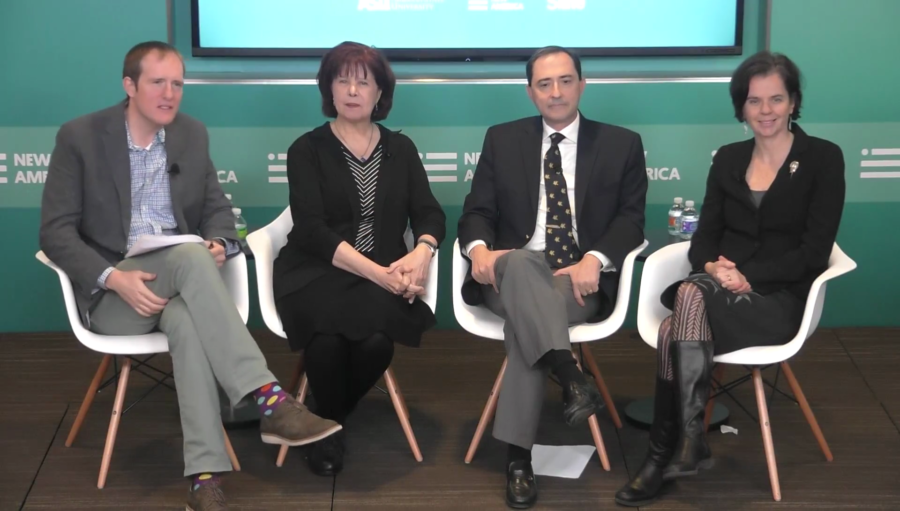AI Blindspot is a discovery process for spotting unconscious biases and structural inequalities in AI systems.
Archive (Page 1 of 4)
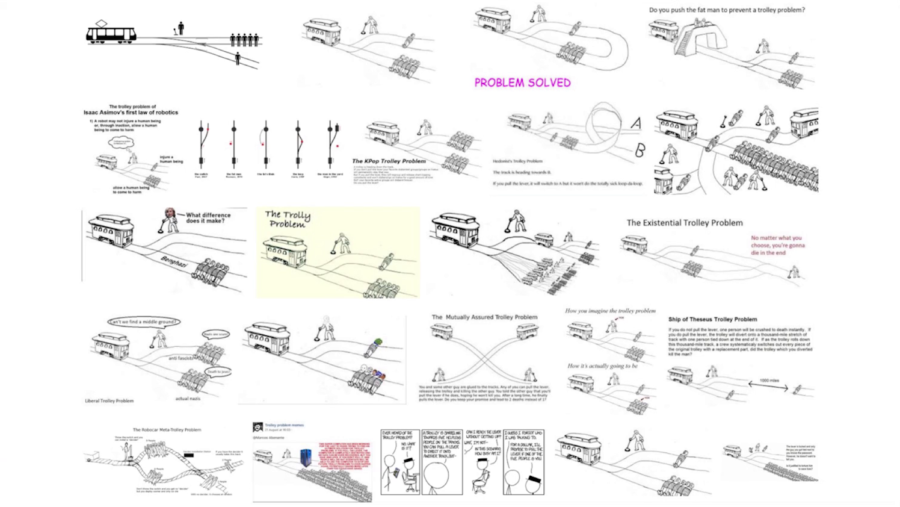
The Markkula Center for Applied Ethics at Santa Clara University has some really useful thinking and curricula around ethics. One of the things they point out is that what ethics is not is easier to talk about than what ethics actually is. And some of the things that they say about what ethics is not include feelings. Those aren’t ethics. And religion isn’t ethics. Also law. That’s not ethics. Science isn’t ethics.
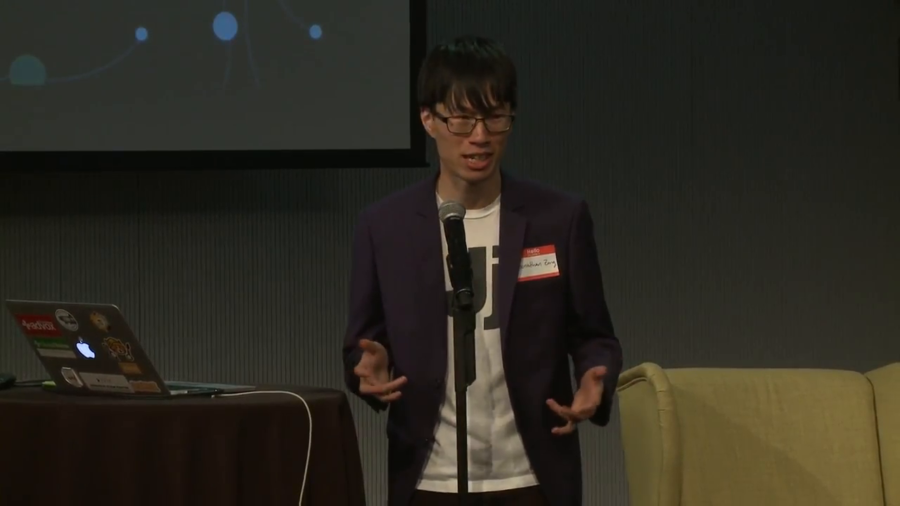
Experimentation is so commonplace on the Internet now that if you use a platform like Facebook you’re probably part of many experiments all the time.
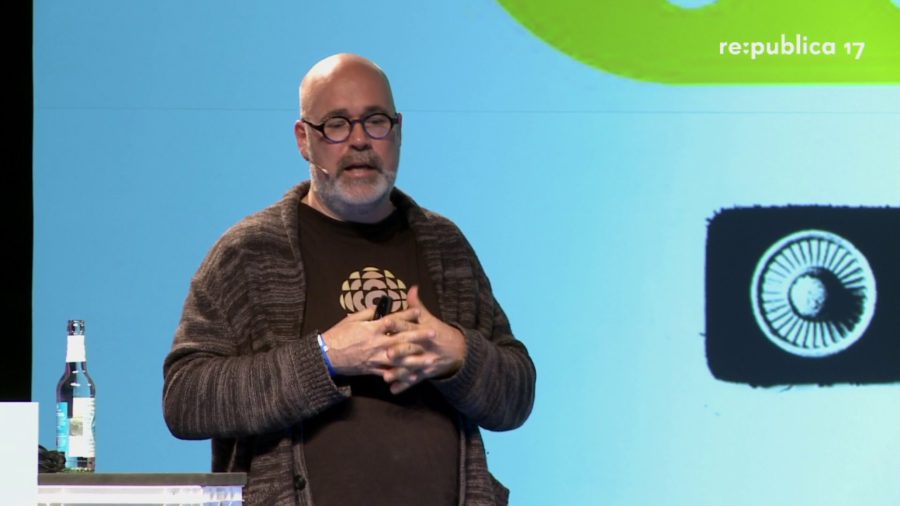
This is a moment to ask as we make the planet digital, as we totally envelop ourselves in the computing environment that we’ve been building for the last hundred years, what kind of digital planet do we want? Because we are at a point where there is no turning back, and getting to ethical decisions, values decisions, decisions about democracy, is not something we have talked about enough nor in a way that has had impact.
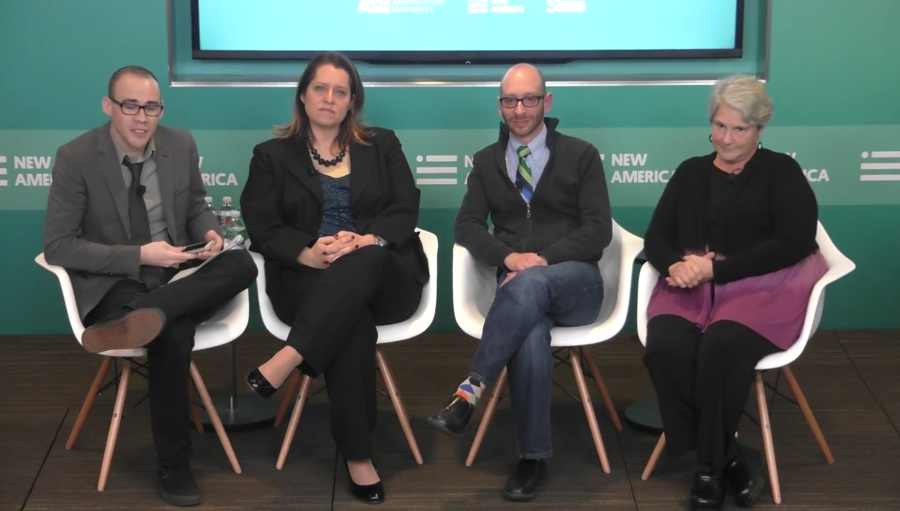
Victor’s sin wasn’t in being too ambitious, not necessarily in playing God. It was in failing to care for the being he created, failing to take responsibility and to provide the creature what it needed to thrive, to reach its potential, to be a positive development for society instead of a disaster.
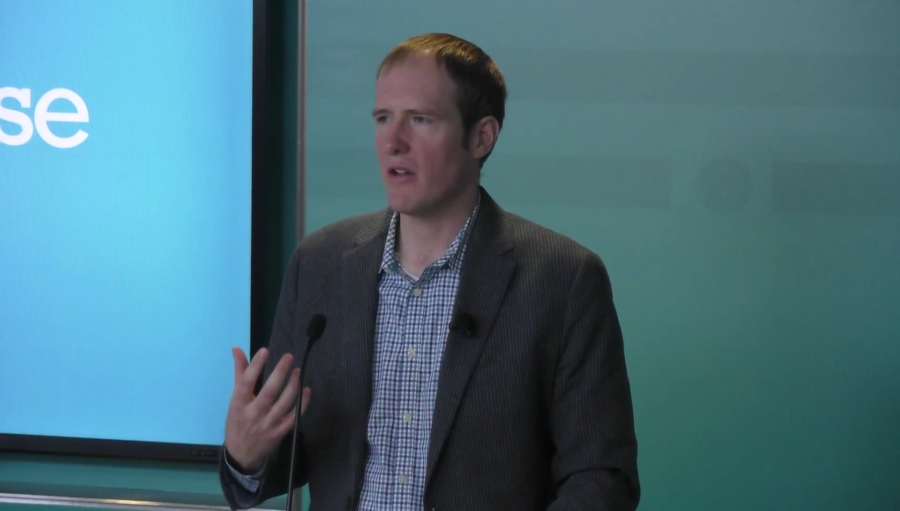
Mary Shelley’s novel has been an incredibly successful modern myth. And so this conversation today is not just about what happened 200 years ago, but the remarkable ways in which that moment and that set of ideas has continued to percolate and evolve and reform in culture, in technological research, in ethics, since then.

